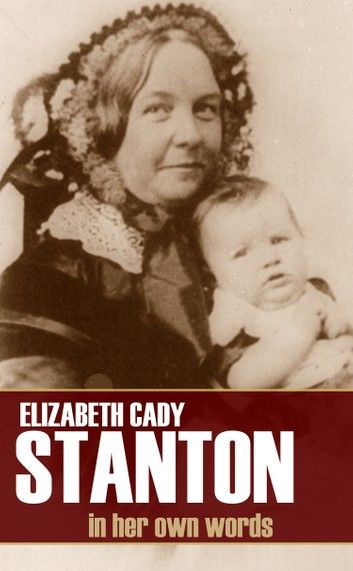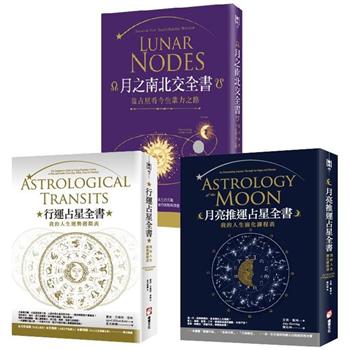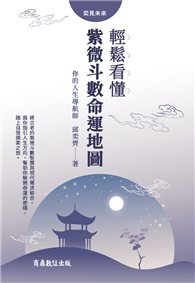Anyone who thinks Elizabeth Cady Stanton was a stuffy old Victorian suffragist need only look at the twinkle in her eye in many photographs and her no-nonsense expression. Any lingering doubts will be removed when you read her own letters and diary excerpts in this book.
At her marriage in 1840, she asked that the "promise to obey" be removed from the wedding vows. "I obstinately refused to obey one with whom I supposed I was entering into an equal relation."
She refused to be addressed as Mrs. Henry B. Stanton, asserting that women were individuals in their own right. Her marriage lasted 47 years.
The world has seen few more committed activists capable of spending a lifetime working for such varied issues as abolition and women's rights, and being at the forefront of leading those movements.
Formally educated, Stanton took a very broad and modern view of women's rights. The right to vote was central but she saw clearly how the law favored men over women in many spheres.
She advocated for women's divorce rights, parental and custody rights, the right to own property, employment and income rights, and birth control. Stanton thought women should have control over their sexual relationships and childbearing. She was also a supporter of the Temperance Movement.
Early on she displayed wit and determination. As a youngster, she wrote:
"I was wondering why it was that everything we like to do is a sin, and that everything we dislike is commanded by God or someone on earth. I am so tired of that everlasting no! no! no! At school, at home, everywhere it is 'no.’ Even at church
all the commandments begin 'Thou shalt not.' I suppose God will say 'no' to all we like in the next world, just as you do
here."
Her daughter Margaret described Stanton as "cheerful, sunny, and indulgent"
One of her most cherished and enduring relationships was her 50-year friendship with Susan B. Anthony. Together they worked for women's suffrage and other rights. Stanton wrote, "No power in heaven, hell or earth can separate us, for our hearts are eternally wedded together." Stanton died in 1902, 18 years before women got the right to vote.
Here in her own words, "ELIZABETH CADY STANTON As Revealed in Her Letters Diary and Reminiscences" is available for the first time as a well-formatted, affordable e-book.
Be sure to LOOK INSIDE or download a sample.












